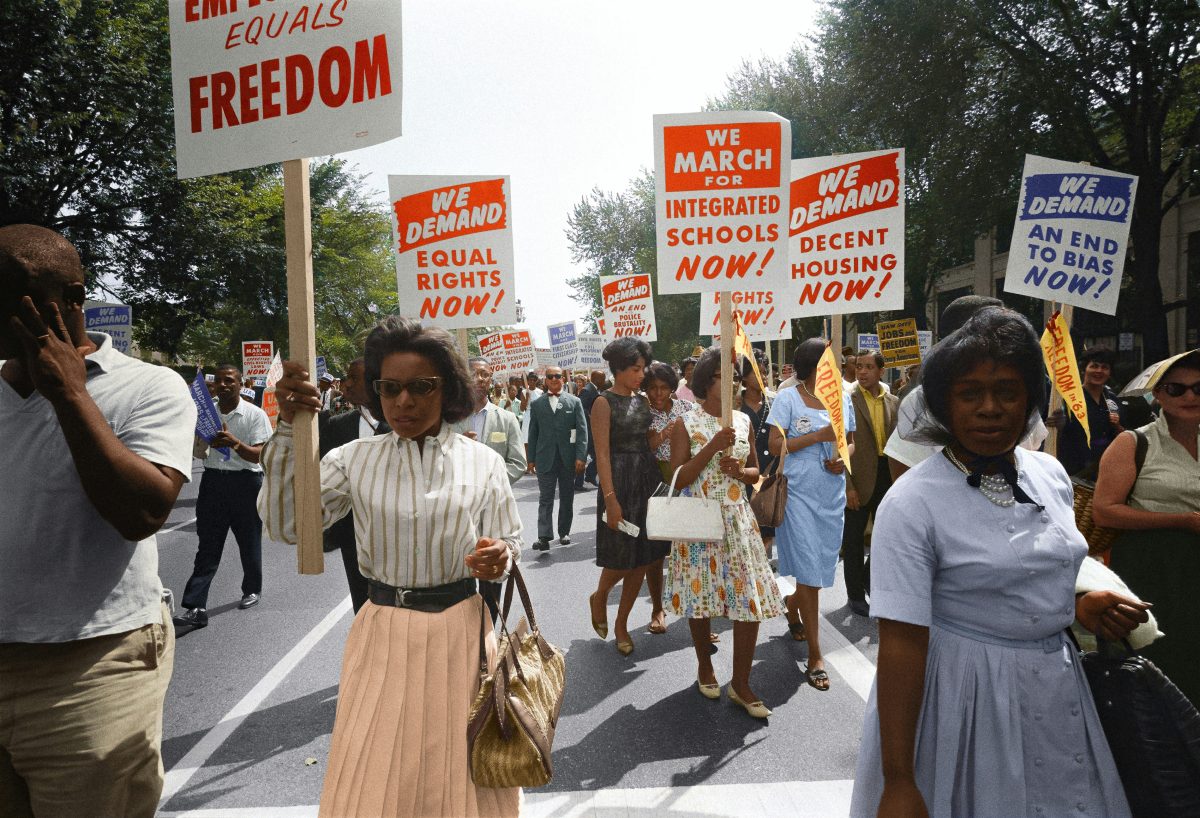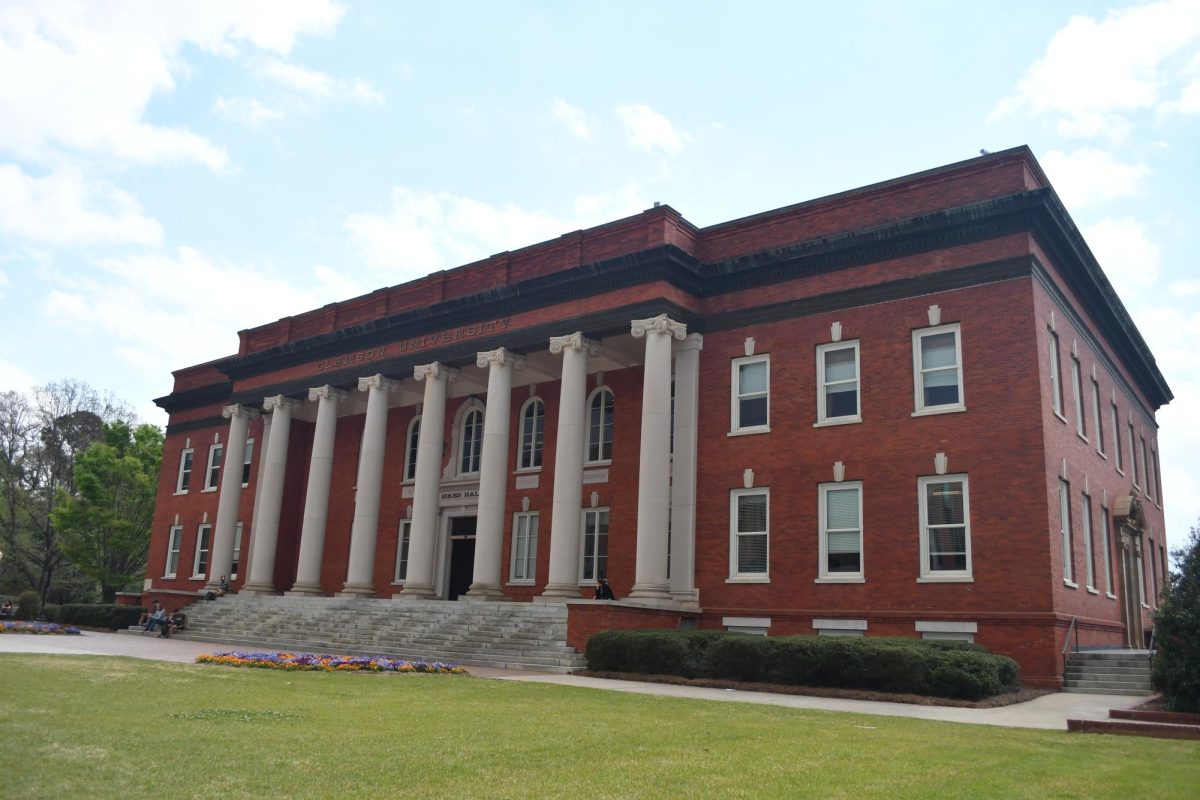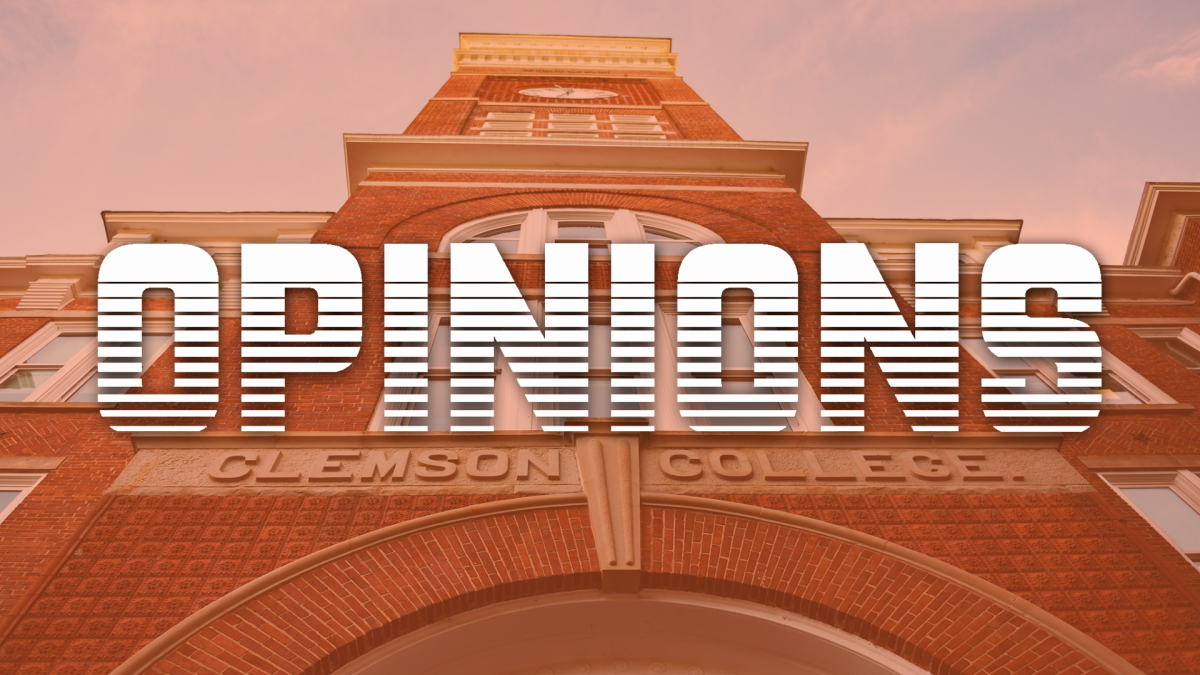February is the shortest month of the Gregorian calendar, reserved for Valentine’s Day, President’s Day and Black History Month.
Last year, on Feb. 20, JeAnais Mitchell wrote an opinion piece in The Tiger discussing how we should celebrate American history, not Black history. While this piece was well-written, Mitchell makes points that are invalid to the heart of diverse Americans by excluding their unique cultures and experiences.
First, let’s discuss how diverse American celebrations are.
Monthly celebrations such as Black History Month, Women’s History Month, LGBTQ+ Pride Month, Hispanic Heritage Month, Disability Pride Month, Immigrant History Month and more create a diverse place by being inclusive. They help to educate those who want to learn and appreciate the true history of different individuals. These celebrations also build relationships with people of different nationalities, religions, ethnicities, genders and sexualities.
Monthly celebrations play an essential role in all facets of American history because they help everyone learn from voices that were once — and sometimes still are — marginalized. Those of us who went to public schools were only taught a fraction of American history. Most of it began with Indigenous Americans celebrating Thanksgiving. Then, it transitioned to Harriet Tubman freeing the slaves. Most history books ended with Martin Luther King Jr., who, according to the textbook writers, came, marched and ended racism.
While these figures are pivotal to American history, critical details are missing. American history that is taught in K-12 public schools has historically chosen to selectively recognize specific African Americans, Native Americans and other racial minority groups while choosing to forget others.
Celebrations of different identities teach us the truth about those who endured hardships to achieve success. By only focusing on American history as it has been told, we miss the opportunity to understand our past better. We need to have diverse monthly celebrations because they give us a time frame for learning about different stages of history and make intentional time to appreciate the efforts of the people who lived before us and who continue to make an impact today.
Now, let’s discuss the importance of Black History Month.
Nearly every ethnic group in America has a month dedicated to its cultural celebration and appreciation. But not every appreciation month is given the level of backlash that Black History Month has faced. Furthermore, not every ethnic group has faced the same backlash as Black people in America. We are not dismissing the plight of other marginalized communities, but as the authors of this opinion piece are all Black students — we have seen our Blackness attacked from every angle.
Black history has solid roots in America, yet it has been repeatedly left out of books and is politicized to the point of censorship in this country. So, when the shortest month of the year rolls around and is dedicated to celebrating Black history, why do these questions always come up:
“Why do they get their own month?”
“Why divide history by race?”
These are great questions, but the argument needs to be corrected. Historically, there has always been this division in America. This division between races is why there were once “Whites Only” diners and “For Colored Only” water fountains. This division is why historical figures like Bobby Seale and Huey P. Newton formed the Black Panther Party to fight for the civil rights of African Americans. This division is why sociologist W.E.B. Du Bois conducted a research study to find out why Black Americans lacked so many of the resources they needed to have the same quality of life as their white counterparts.
We could go further, but the point is division is at the heart of American history. Because of this, naturally, division is rooted in Black history. Black history, in itself, does not cause division. It is simply a product of the systemic racism gifted to it when the first enslaved Africans appeared in Jamestown, Virginia, in 1619.
Mitchell writes that celebrating and remembering Black history “validates hate and anger.” We argue that it is the treatment of Black people in America that validates hate and anger. That is valid. The issue in her argument lies in her call to not celebrate Black history.
Pretending that injustice did not and does not occur doesn’t make it go away. Ignoring and dismissing these experiences and events will only harm Black people further because it opens up a door for misrepresenting events and blaming victims. Watering down Black history to appease and comfort specific people only absolves them of their responsibility to use the privilege they have, obtained on the backs of Black and brown people, to do some good and make amends for the disenfranchisement that has riddled Black communities.
If we’re going to address the historical progression of people throughout American history, Black history is an automatic component of that. There would be a lack of inventions, profit and riches without the use of Black labor in America. There would be no peanut butter, traffic signals or even mailboxes.
The celebration of Black history allows for uncommon information to become common. For example, in American public schools, we are taught that King handled civil rights “the right way” and that Malcolm X was “too extreme.” We are also taught that Rosa Parks was the first Black woman to refuse to move to the back of a public transportation bus.
The truth is that American history books would not teach us that King and Malcolm X had similar ideals and conversations about the progression of civil rights in America. Nor did Americanized history books teach that the first Black woman to stand up for her rights on segregated public transportation buses was Claudette Colvin, who was pregnant at the time.
The point is if American history correctly told Black history, we wouldn’t need a month in the first place. But, because it has not, much of Black history is buried. Unless you willingly seek the information to know how much the Black race impacted the country, the vast majority of America would never know it. That’s why Black History Month is important. It allows for untold stories to become the standard.
Whether left in darkness or bought into the marvelous light, Black history occurred in America. You can’t run from it. And you indeed can’t sweep it under the rug.
Letters to the Editor can be submitted to [email protected].










Partrese • Feb 22, 2024 at 12:10 pm
I absolutely love this! It helps to quiet the chatter that is often heard throughout Black History Month and offers validation for the month-long celebration, while clarifying quite a few myths. The article also finds a way to celebrate the accomplishments of several pioneers.
Well done!